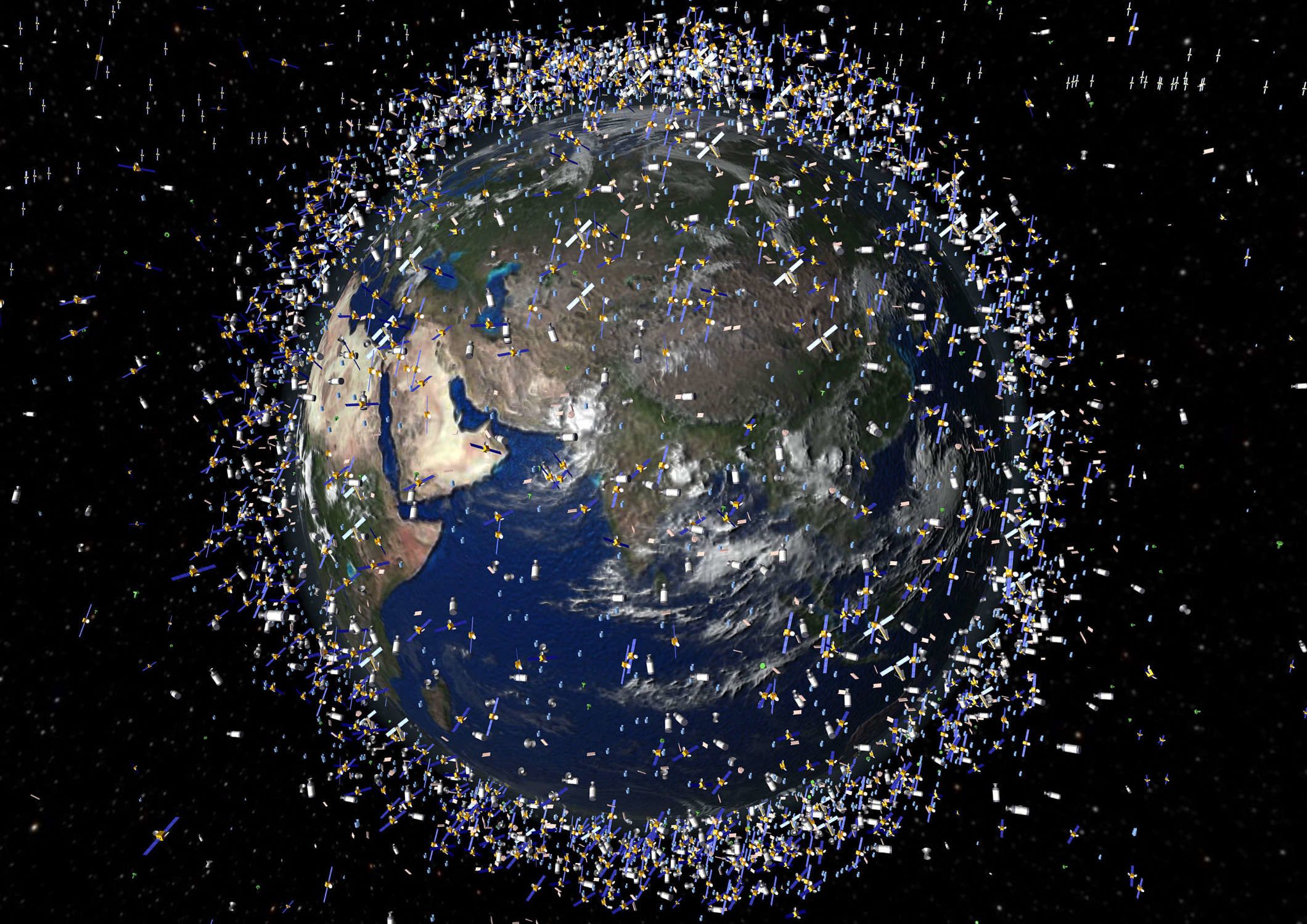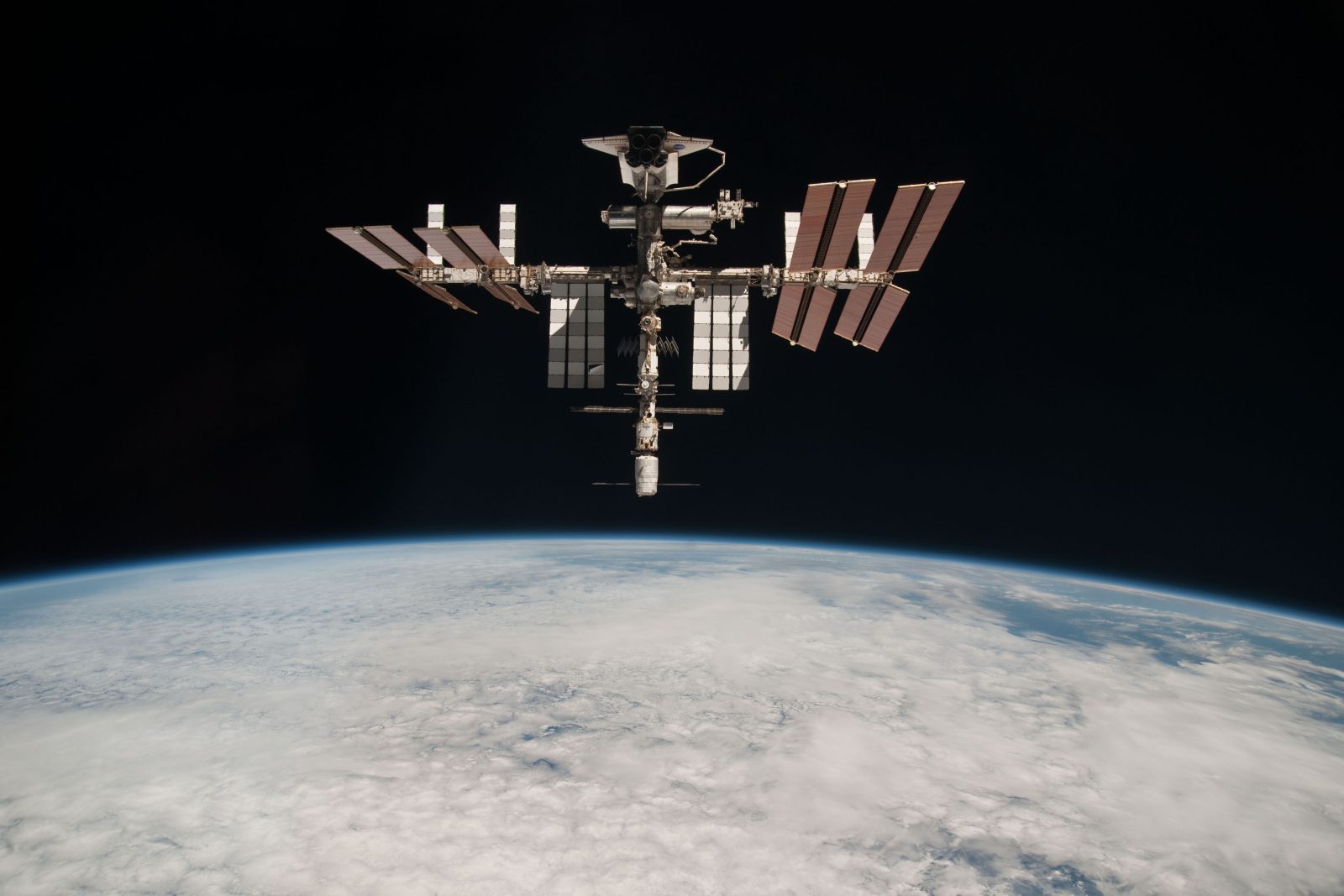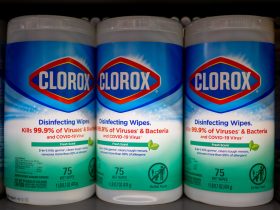The U.S. government has imposed its first-ever fine on a company for leaving space debris in orbit around the Earth. The Federal Communications Commission (FCC) fined Dish Network $150,000 (£125,000) for failing to move an aging satellite far enough away from active satellites.
Dish Network admitted responsibility for its EchoStar-7 satellite and agreed to a “compliance plan” with the FCC.
The satellite, launched in 2002, was supposed to be relocated 186 miles farther from Earth at the end of its operational life in 2022. However, it was moved only 76 miles due to a fuel shortage.
Space debris, or space junk, consists of defunct technology orbiting Earth, including old satellites and spacecraft parts, which pose collision risks.
The FCC highlighted that Dish’s satellite presented a potential danger to other satellites at its current altitude in geostationary orbit, which begins at 22,000 miles (36,000 km) above the Earth.
“As satellite operations become more prevalent and the space economy accelerates, we must be certain that operators comply with their commitments,” said Loyaan Egal, Chief of the FCC’s Enforcement Bureau.
He emphasized that this settlement underscores the FCC’s strong enforcement capabilities regarding space debris regulations.

The $150,000 fine is a small fraction of Dish Network’s $16.7 billion revenue in 2022, but it may influence other satellite operators, according to Dr. Megan Argo, a senior lecturer in astrophysics at the University of Central Lancashire.
“The fact that they’ve actually used their regulatory powers for the first time is certainly likely to at least make the rest of the industry sit up and pay attention,” Dr. Argo remarked, noting that this precedent suggests the FCC could take similar actions in the future.
The growing number of objects in orbit increases the risk of collisions, which can generate high-speed debris that could strike other satellites and potentially trigger a chain reaction.
More than 10,000 satellites have been launched into space since the first in 1957, with over half now inactive. According to NASA, there are over 25,000 pieces of space debris larger than 10 cm currently in orbit.
NASA Administrator Bill Nelson told in July that space debris is a “major problem,” which has led to the International Space Station being maneuvered to avoid collisions with passing debris.
“Even a paint chip… coming in the wrong direction at orbital speed, which is 17,500 miles an hour, [could] hit an astronaut doing a spacewalk. That can be fatal,” he warned.







Leave a Reply